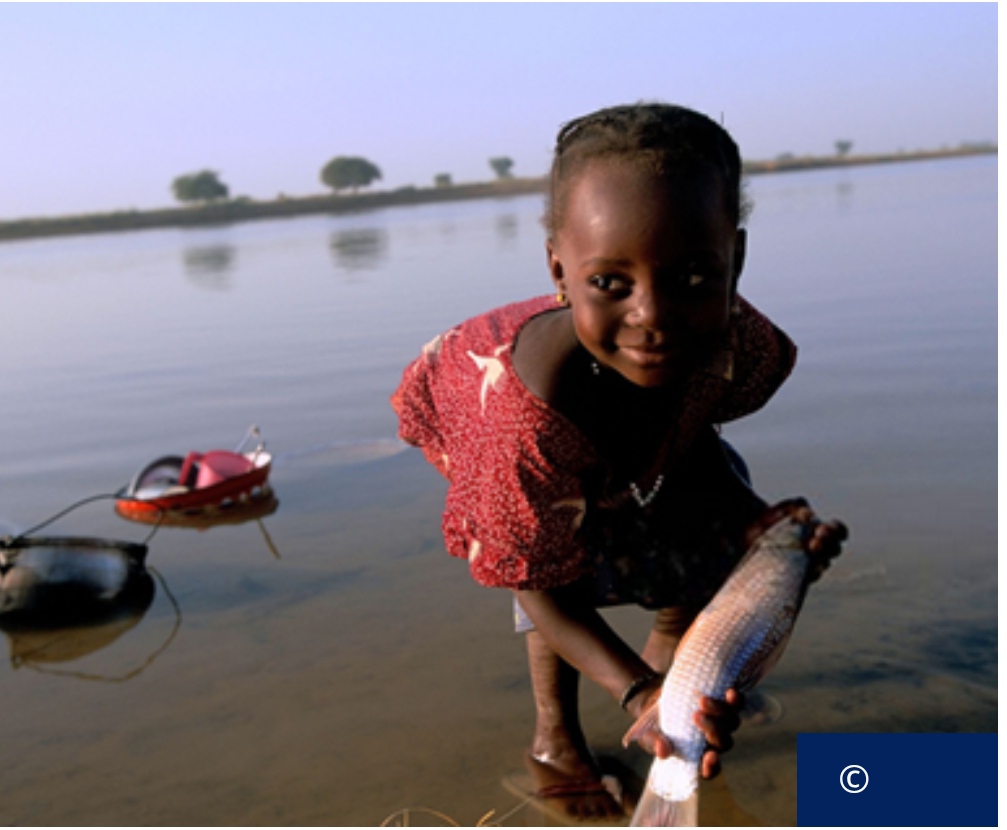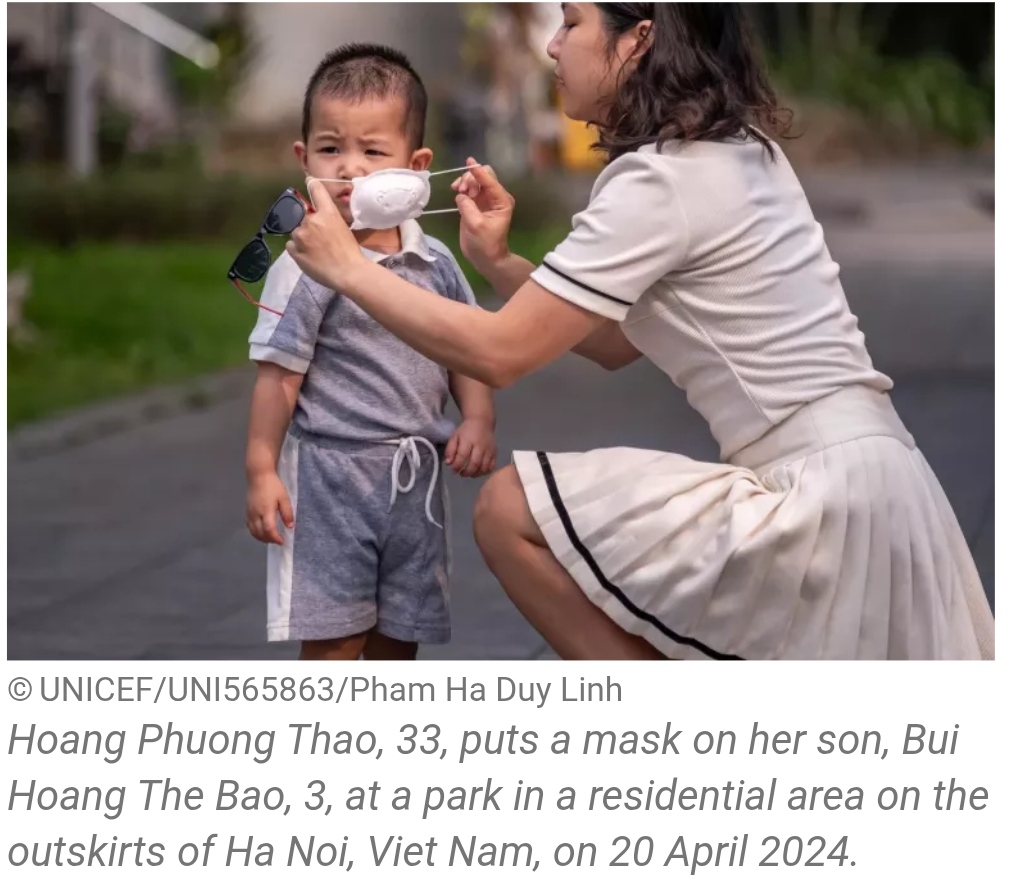Niger Becomes First African Country to Eliminate Onchocerciasis, Achieving Historic Public Health Milestone.
Geneva:
Niger has made history by becoming the first country in Africa to be officially recognized by the World Health Organization (WHO) for eliminating onchocerciasis, also known as river blindness. The announcement marks Niger as the fifth country globally to interrupt the transmission of the parasite Onchocerca volvulus, which causes the debilitating and often blinding disease.
The WHO congratulated Niger for this monumental achievement, highlighting the tireless efforts of the government and its partners to combat this neglected tropical disease that primarily affects the rural populations in sub-Saharan Africa. “Eliminating a disease is a significant achievement that requires tireless dedication,” said Dr. Tedros Adhanom Ghebreyesus, WHO Director-General. “I congratulate Niger for its commitment to liberating its population from this blinding, stigmatizing illness that causes so much human suffering among the poorest.”
Onchocerciasis, transmitted through the bites of infected black flies near riverbanks, is the second leading cause of infectious blindness in the world, after trachoma. It has long been a significant public health burden in sub-Saharan Africa, Yemen, and parts of Latin America, where rural populations suffer from its debilitating effects. The disease can also lead to other serious health complications and, in severe cases, can cause disability and blindness.
A Model of Effective Country-Led Efforts
Niger’s success is a result of a combination of effective country-led interventions and international collaboration. From 1976 to 1989, under the WHO’s Onchocerciasis Control Programme (OCP) in West Africa, Niger implemented vector control measures, including the spraying of insecticides, to significantly reduce onchocerciasis transmission. The turning point came in 2008 when the pharmaceutical company Merck & Co. began donating ivermectin, a crucial drug that targets both onchocerciasis and lymphatic filariasis (LF).
From 2008 to 2019, mass drug administration (MDA) campaigns with ivermectin and albendazole were conducted in areas affected by both diseases. Following the cessation of LF MDA in most areas, Niger undertook detailed assessments starting in 2014 to evaluate the interruption of onchocerciasis transmission. Subsequent surveys revealed that the combination of vector control and mass drug administration had effectively eliminated the transmission of the disease, reducing its prevalence from 60% to 0.02%.
Key to Niger’s success has been the strong collaboration between the Nigerien government, WHO, and various non-governmental organizations. This partnership enabled efficient mobilization of resources, technical support, and continuous surveillance to monitor disease prevalence and impact, ensuring the timely adjustment of strategies to maintain effective control.
A Historic Achievement for Africa
Dr. Matshidiso Moeti, WHO Regional Director for Africa, emphasized the significance of Niger’s achievement for both public health and economic development. “Onchocerciasis has long caused immense human suffering. It has also impeded the economic development of affected communities, driving people away from rivers, which are often lifelines for livelihoods,” Dr. Moeti stated. “Niger’s success ends this burden for its people and positions Niger as a model for the elimination of neglected tropical diseases in Africa.”
This achievement also builds on Niger’s previous success in public health. In 2013, the country was certified free of dracunculiasis (Guinea-worm disease) transmission, further solidifying Niger’s leadership in the fight against neglected tropical diseases in Africa.
Global Implications
Niger now joins four other countries that have been verified by the WHO for eliminating onchocerciasis: Colombia (2013), Ecuador (2014), Guatemala (2016), and Mexico (2015). With this progress, Niger’s success offers hope to other countries still grappling with onchocerciasis, demonstrating that elimination is not only possible but achievable through coordinated efforts.
Globally, 54 countries have now eliminated at least one neglected tropical disease, with Niger’s achievement serving as a beacon of hope and a blueprint for further progress in the fight against these diseases.
This milestone highlights the continued momentum in the global battle against neglected tropical diseases, underscoring the importance of sustained commitment, international partnerships, and innovative solutions to improve public health outcomes in affected regions.



